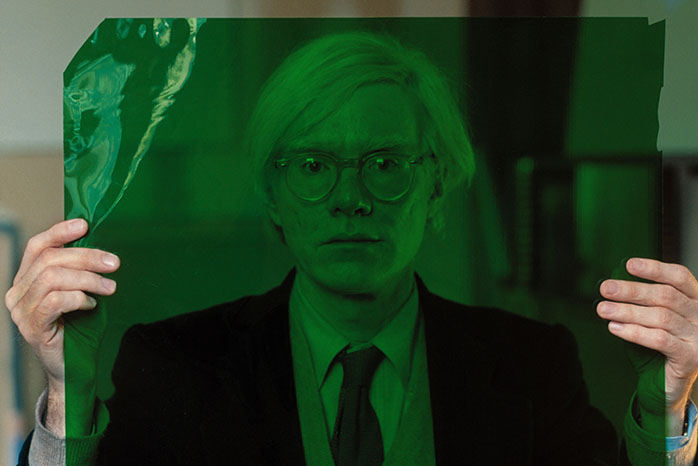Iris Loredana publishes a blog called La Venessian that’s all about stories and recipes from Venice and its secret gardens. She’s well-suited for it, with degrees from both the University of Venice and the University of Vienna – in Environmental Studies, Sustainability and Business Design, and in Humanities, with a focus on history, art and design. She wrote two theses, one on “Ecology and Urbanization of the Lagoon of Venice”, and the other on “Business During Times of Unprecedented Change”.
She also studied the three languages spoken in Venice in the past: Venet, Latin, and Ancient Greek. She says that what started as a thesis covering Lagoon terminology soon included examples of how the Lagoon was salvaged and “designed” by past Venetian engineers. In particular, she says she loved exploring how Venetians mastered the art of living self-sufficiently in their Lagoon, enriching food with delicious herbs and spices. A+A recently interviewed her via email:
What’s the history of La Venessiana?
When we started A Garden in Venice by La Venessiana in June 2015, we envisioned a Venice journal explaining the secret Venice, her gardens and garden food, and the work of artisans and designers in town. And of course, we wanted to show the little-known islands of the Lagoon! Soon, we were writing about courtyard gardens, secret orchards, medicinal botany and exotic spice gardens: Most lie behind anonymous, vertiginous, red brick walls, totally unknown to passers-by or their guidebooks. Gardens cover almost half the surface area of Venice. Our readers soon encouraged me to write more posts on historical gardens and their recipes. This is how our niche developed, going beyond just food blogging to sharing recipes so surprisingly un-Venetian at first sight, because they use herbs, blossoms and spices in unusual combinations.
Who designed the site?
I designed the site myself. Since 2011, my website, gardeninvenice.com, developed from a blog hosted on the Google BlogSpot platform to a hand-crafted design which I moved to the Showit platform only two weeks ago.
Its design intent?
Creating a virtual Venetian garden café, with stories about food, art, design, gardens, spices and garden cuisine. And like a real café, we share recipes and lots of unknown stories about Venice. Two years ago, we took the garden blog even further, offering online classes focusing on historical cuisine and virtual visits to Venice.
Your inspiration for the site?
A real garden in Venice, located on the premises of the former monastery San Zaccaria, five minutes from Piazza San Marco. It’s the convent garden belonging to the parish house of San Zaccaria, bought and restored by our grandparents in 1968, after the floods of 1966 had destroyed it. To me, this terraced garden located just behind Campo San Zaccaria is the most beautiful and energetic spot in the world.
What are your resources?
My grandmother’s library at the monastery of San Zaccaria. While historical documents are well researched, Venetian food culture isn’t. So we’re distilling recipes and food stories from books in libraries such as San Francesco della Vigna and grandmother’s library. Other sources for my online classes and blog are the Venetian State Archive, and the latest design and history books available in the bookshop nearby, Libreria Studium. For books on Venice in English, my go-to resource is the Dream of Venice Bookshop.
Why Venice?
Venice is my native city! During the past five years, I noticed that the international press Venice got was mostly about high tides and cruise ship issues. In my opinion, covering downsides only won’t support Venice in the mid-term. So, what about sharing opportunities and ideas for creating a revitalized and lively city? If we really want to position Venice as viable city with a future, we need to share and discuss all those positive developments currently under way.
What challenges have you – and Venice – faced during this pandemic?
The Venetian economy, depending almost entirely on tourism and port activities, has been hit even harder than other cities in Italy. Even if life in Italy, in a few months from now, might slowly struggle back to “a new normal,” hotels and restaurant owners cannot expect clients to return immediately, as the pandemic involves almost every other country on earth. Economically speaking, the high proportion of businesses depending on tourism – representing a cluster risk– will have to be reduced to levels present in other “normal” cities, and the number of businesses serving Venetian needs such as groceries, food stores, bakeries, etc. will need to rise again. We have adapted our website to include updates and new development as Venice is changing in 2020/21.
For more, go here.
[slideshow id=2250]



